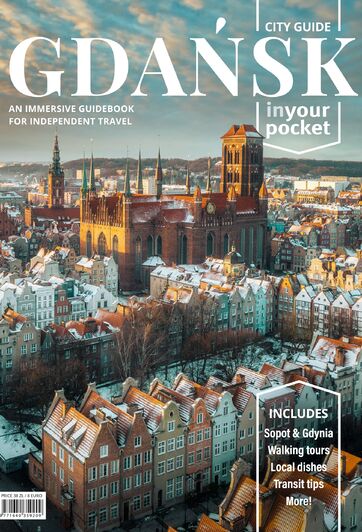Memories of the 1980s - The shops
more than a year agoThe emergence of Pewex stores made it possible for natives to obtain the unobtainable; a familiar sight to any foreigner in Poland at the time, these special ‘tourist shops‘ offered a wide range of goods, but only in return for hard currency. The Pewex chain of stores, and their coastal equivalent Baltona, were open to the general public. Stocking the cult goods of the time, such as the dangerously named Derek aftershave, these shops became a constant reminder to Poles of what was available in the West, and more painfully, to those in power.
But with rationing in operation in the ordinary stores, Pewex shopping became a necessity, not just a luxury, for the everyday Pole. The scheming involved to get hard currency became an art form, and it was for this reason sailors, taxi drivers and others who had regular contact with foreigners were envied by the common worker.
Another way ordinary Poles could make purchases in Pewex stores was to pay in Bony – essentially Monopoly money issued by the government to Poles working elsewhere behind the Iron Curtain. The notes carried a face value of $0.01 to $100 and could be earned by choosing to take your pay in Bony as opposed to Czech crowns, East German Marks etc. Popular Pewex items of the time included sausage (otherwise rationed in ordinary shops), fruit (which had to be ordered in advance), chocolate, coffee and baby care products. One of Solidarity‘s original demands was the closure of these ‘special’ shops, as they clearly favoured party members and certain members of the workforce.



Comments